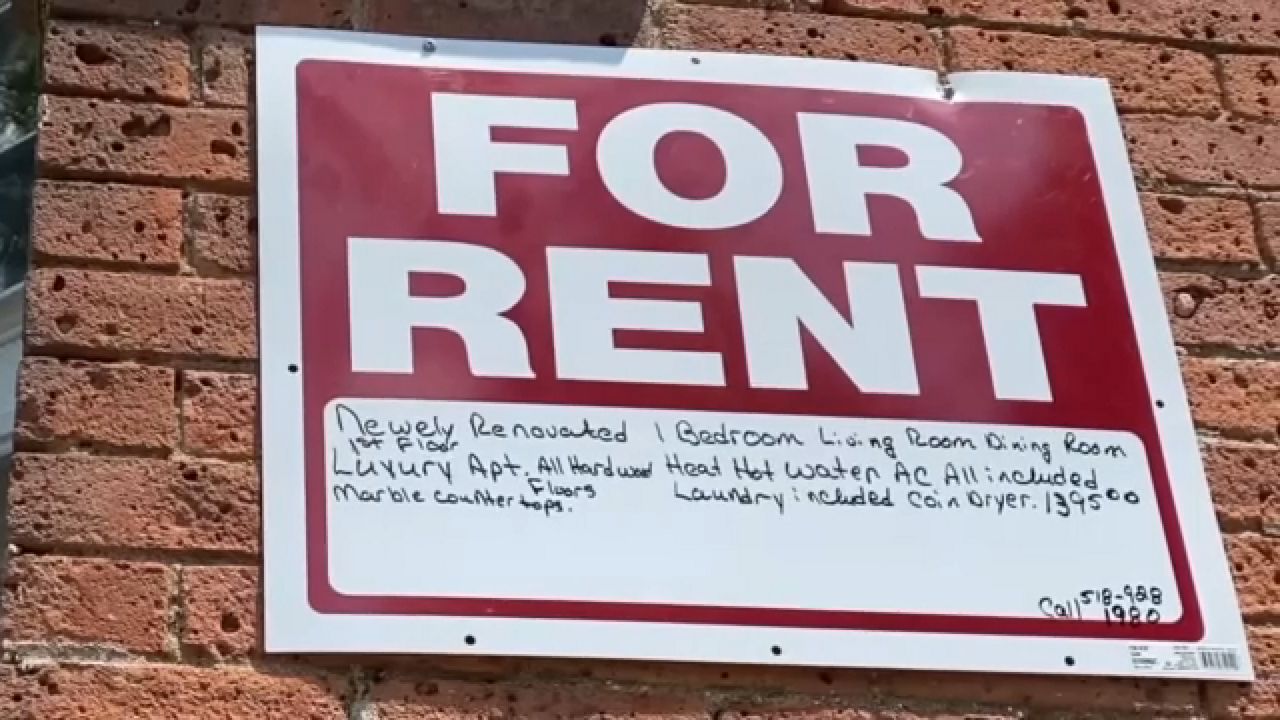Third and final public hearing prior to vote Thursday
For Loganville City Manager Danny Roberts, House Bill 581 is nothing more than state legislative “sleight of hand” that unfairly ties the hands of local governments working to maintain revenues sufficient to fund police and fire protection and other government services.
The bill, passed overwhelming by state lawmakers in last year’s Georgia General Assembly, and subsequently approved by a majority of the state’s voters in a November referendum, caps increases in property tax assessments on homesteaded (owner-occupied non-rental) property at the rate of inflation for the previous year. Those assessments are one component of calculating property tax bills, a major source of local government funding.
In Loganville, according to Roberts, property taxes account for half of the city government’s revenue.
“If you affect that a little bit, you affect the (municipal) budget greatly,” he said at a Feb. 6 public hearing on House Bill 581 convened by Loganville’s mayor and city council.
According to Roberts, the cap will cost the city, which is heavily residential, nearly $90,000 in revenue in its first year. Within a decade, though, the cap could be reducing city revenue by hundreds of thousands per year, according to Roberts.
“This is not about today,” he said. “This is about five years from now, 10 years from now.”
House Bill 581 does, however, give local governments — counties, cities and school boards — a literal “out.”
Under the legislation, local governments can opt out of the “floating homestead exemption” after holding three public hearings and then voting not to participate in the program.
That decision must be filed with the Georgia Secretary of State by March 1. Failure to file the decision on time will automatically place the affected government in the House Bill 581 program.
The Feb. 6 hearing in Loganville’s council chambers was the first of the required public hearings for the city. A second hearing is set for 6 p.m. Feb. 10 in the council chambers at City Hall, 4303 Lawrenceville Road. The third hearing is set for Feb. 13 at 6 p.m. at City Hall.
A council vote on whether to opt out of the floating homestead exemption is scheduled for the 6:30 p.m. council meeting following the Feb. 13 hearing.
Nearly two dozen people attended the Feb. 6 hearing, and the primary feelings among them, along with the city council and Mayor Skip Baliles, were confusion and frustration.
“Who in the world introduced this bill?” asked city resident Richard Jenkins. “I want to know.”
According to legislative records, the bill’s primary sponsors were central Georgia Republican Reps. Shaw Blackmon and Clint Crowe.
“I believe it’s all smoke and mirrors,” said another man who spoke during the hearing.
“It’s a mess. The whole thing is a mess,” said Councilwoman Patti Wolfe, as she suggested that city residents contact their state legislators with concerns.
“I don’t like this at all,” said Councilwoman Lisa Newberry.
“It seems a little half-baked. It’s overcomplicated,” Newberry added, while complaining that the legislature “pushed it down to us.”
“I’m just as confused as you are,” Councilwoman Melanie Long told the people attending the hearing, “and I don’t understand what’s going on.”
Long was also critical of the state legislature, contending that “they made themselves look like heroes and dropped a hot mess in our laps.”
In the face of increasing costs for government services, Roberts said at the Feb. 6 meeting, opting in to the floating homestead exemption would mean that the city’s “biggest revenue source would be capped.”
The only alternative for ensuring adequate revenue for city services, Roberts explained, would be to increase the city’s millage rate, a fractional multiplier applied to the value of a piece of property to arrive at a tax bill.
Thus, even with the floating homestead exemption in place, qualified homeowners could see their property tax bills increase.
The floating homestead exemption also could serve to increase taxes on commercial, industrial and other types of property, according to information from the Feb. 6 public hearing.
“If you mess with revenue, you’re going to mess with that millage rate, or we’re going to cut services,” Roberts told Mayor Skip Baliles, the city council and the members of the public gathered for the hearing.
“We feel like this is not a good bill, obviously,” Roberts said at the hearing.
To bolster his point, he went on to note that the Walton County government and school system will be opting out of the program, along with the Social Circle school system.
For communities that opt in to the floating homestead exemption, provisions of House Bill 581 allow the establishment of a local option sales tax of up to 1 cent as an additional revenue stream. But establishing such a tax would require countywide approval, which could be problematic.
Making that point, Roberts pointed out that Loganville once held a vote on establishing a local sales tax for transportation projects, but the effort “failed miserably.”
Roberts asserted at the Feb. 6 hearing that the city has been fair to homeowners on taxation.
“When your home value goes up, your millage rate goes down,” he said. The current tax rate in Loganville is 9 mills, less than it was in the 1990s, he pointed out. The city has reduced its millage rate every year since 2018, Roberts added.
The city also currently has in place a $2,000 homestead exemption, which the city council has informally considered boosting to $5,000.
Making such a move in light of House Bill 581 would result in a greater revenue loss than the floating homestead exemption in its first year, but would not compound revenue losses as severely and unequally over time as the floating exemption, according to information Roberts presented at the public hearing.



